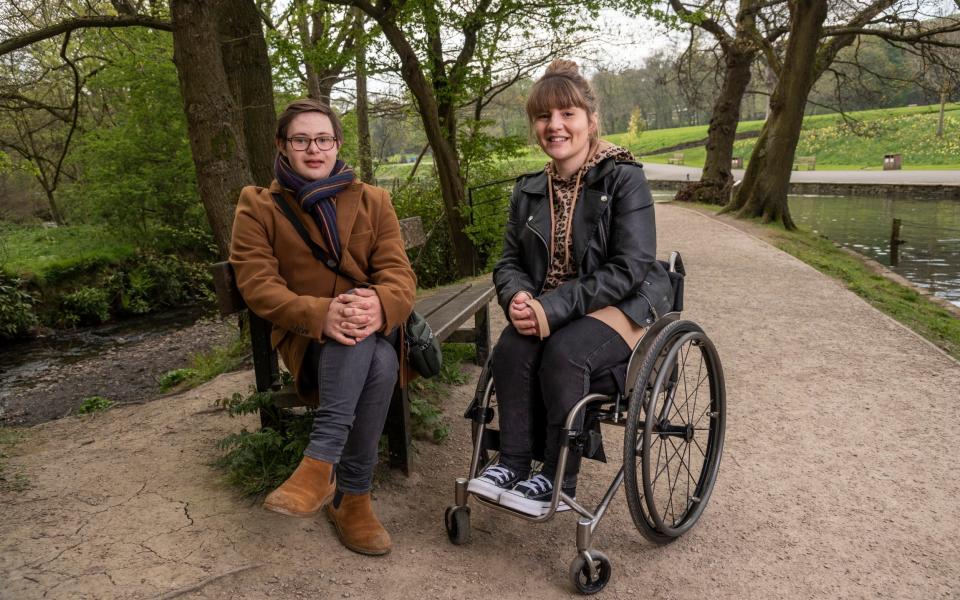Disability and Abortion: The Hardest Choice, review: provocative, heartbreaking and kind

Early in Disability and Abortion: The Hardest Choice (Channel 4), presenter Ruben Reuter asked his father if he would have agreed to abort him had he known his son would be born with Down’s syndrome. “The person I was then would have given it pause for thought,” said his dad. The expression that played across the man’s face was unlike anything I’d seen. Sadness and guilt – but also relief that this decision had never been laid at his doorstep.
Had Reuter’s family possessed the information in advance, Ruben wonders what might have happened (his mother insisted they would have had him anyway). It was a moment of sheer heartbreak. And there were many more in this programme – a provocative yet also kind and empathic exploration of the tensions between a woman’s right to choose and our attitudes towards the disabled.
The charismatic Reuter was co-presenting with the winningly flinty actress Ruth Madeley, who has Spina bifida and portrayed disability rights campaigner Barbara Lisicki in the BBC’s Then Barbara Met Alan. Both were initially critical of the current legislation allowing abortions after 24 weeks where there is a serious risk of “handicap”. This, they believed, reduced the disabled to second-class citizens. Disability was part of who they were. “I have Down’s syndrome,” said Reuter. “It’s not a problem for me or my family, but other people think it is.”
Madeley had a similar perspective. “Disability for me isn’t a worse case scenario. It never would be.” That positive attitude is not universally shared. Madeley’s mother recalled the “very negative” way in which the news of her daughter’s Spina bifida was delivered by nurses.
But there was another perspective, as they discovered when they met Natasha, who had ended one pregnancy post-24 weeks and who later gave birth to a premature baby, who died three days later. “Once you take away the choice, what have you left them [parents] with? It’s brutal,” said her doctor. This was a nuanced film that brought us on a journey with Madeley and Reuter without ever demanding we take sides. If there was a message, it went beyond the question of abortion. “The best thing we can do is just live our very, very happy, full and disabled lives,” said Madeley. “And show the world how fabulous we are.” Who could disagree with that?

 Yahoo News
Yahoo News 